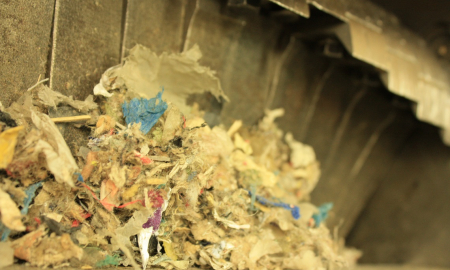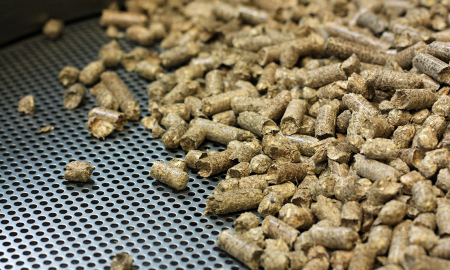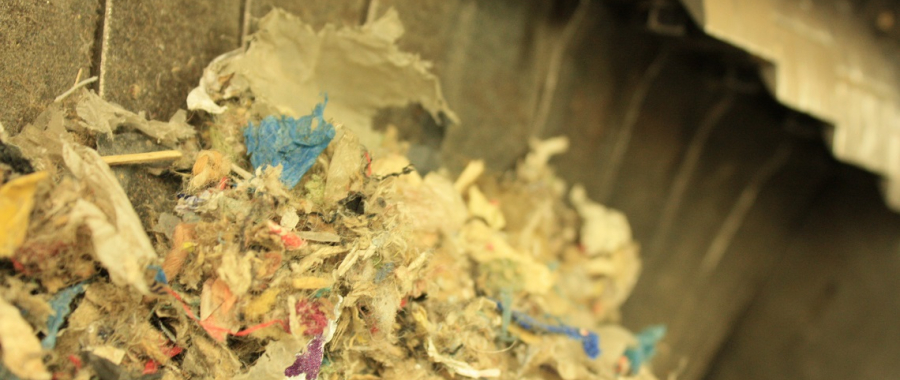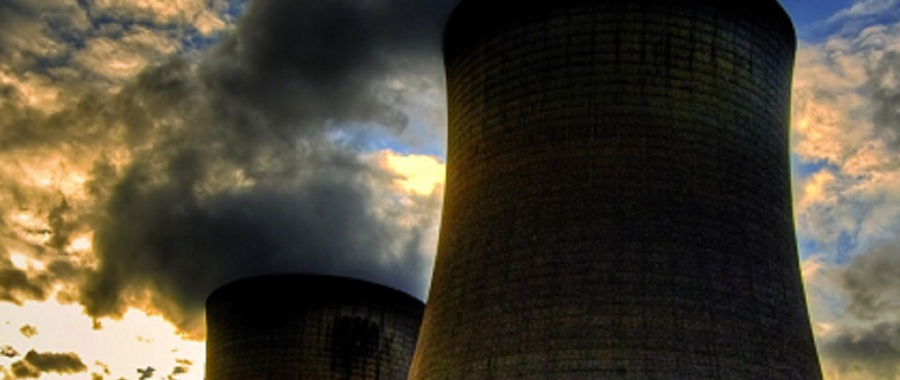The Importance of Biomass
and Recovered Fuels
in a Diversified
Energy Sector
SOCOTEC’s Energy & Waste Services commercial manager, Sarah Gazzola, talks about the importance of solid biofuels to the UK’s energy mix, developing waste materials into clean recovered fuels, as well as some of the innovative new types of fuel currently in development.
The UK’s population is on the rise, projected to reach around 70 million people by 2030, according to the ONS. This growth will put a significant amount of pressure on the country’s energy infrastructure. With this in mind, ensuring that the UK has a robust power generation network is becoming increasingly important.
Over the last few decades, the UK has made great progress in diversifying its power generation sector, and Britain’s energy landscape contains a broad range of sustainable and innovative fuel sources. This strategy means the country is not over reliant on any one type of fuel, and can ensure that both industry and households benefit from a flexible and low-carbon energy supply chain.
Renewable fuel types, such as wind, solar and tidal power are, of course, all welcome additions to the UK’s power generation mix. This being said, as these energy sources are dependent on weather and other changeable environmental conditions, the levels of electricity being generated can be both unpredictable and fall outside of the control of power generation companies. This means that these types of renewable energy are not always suitable for meeting the real-time demands of the national energy market.
In the UK, on-demand electricity has traditionally been generated by coal, with greater or less amounts being burnt to generate the electricity the grid needs at any specific time. However, as this finite fuel source diminishes, the demand for a new low-carbon solid fuel is on the rise.
Finding a suitable replacement for coal
Solid biofuels have emerged as a suitable, low-carbon alternative to coal. These can be used in a loose chip, pellet or briquette form, and can come from a wide variety of sources.
Energy generation companies in the UK are already using solid biofuels made up of low grade wood sourced from commercial forestry, timber processing operations and agricultural crops.
Energy crops, specifically grown to be burnt, are another type of organic biofuel that have become popular with energy providers. Miscanthus and sugarcane are fast-growing energy crops that thrive in poor conditions and have proven to be effective and clean sources of alternative solid biofuels. For example, by using sugarcane as a fuel source, Brazil is considered to have the world's first sustainable biofuels economy.
Closer to home, in Somerset, local bracken is being harvested by one company to create solid biofuel briquettes on a commercial scale. Although these “brackettes” will initially just be sold in the West-Country, the company intends to go nationwide.
In the UK, trends suggest that biofuels and recovered fuels are quickly replacing coal as a national fuel source. Proof of this can be found in the latest Energy Trends report from the Department for Energy and Climate Change (DECC). The report suggested that bioenergy accounted for around nine per cent of UK electricity generation in Q2 of 2015. On the other hand, power generation from coal stations during the same period was nearly 14 per cent lower than the previous year. Overall, coal witnessed a significant fall in production, imports and consumption on the corresponding figures from 2014.
Waste not, want not
To capitalise on the growth of the sector, many companies in the UK are developing new methods of converting industrial by-products and surplus materials into solid recovered fuels. These recovered fuels have the potential to supplement existing solid biofuels to further reduce the reliance on coal.
According to Eurostat, Britain generates around 240 million tonnes of waste materials annually and alongside the country’s population, this figure is likely to rise over the next few years. In an effort to create a zero waste and low carbon economy, the Government increased taxation on sending waste to landfill. Because of this, energy recovery facilities have become a cleaner, more sustainable way to divert waste that previously would have gone to landfill.
Last year, Network Rail announced that, following successful trials at Victoria and Waterloo stations, it will be turning waste coffee grounds from concessions at six of its largest stations into biofuels. Although this may seem like a small endeavour, researchers at the University of Bath have found that around 10kg of leftover grounds, generated by the average coffee shop, can produce around two litres of biofuel. If this idea was scaled up, mainstream coffee shops, such as Starbucks and Costa could rival energy giants like BP and Shell.
Another organisation in Scotland, that plans to go national, is helping whisky distilleries in Edinburgh, convert their by-products into biofuels.
Supporting alternative fuel efficiency
While these new alternative fuels benefit from being renewable sources of energy, they can also pose a unique set of issues for power generators.
Biomass and recovered fuel ash can contain significant amounts of inorganic constituents, including sulphur, chlorine and potassium, the burning of which create salts that have the potential to impair the performance of power generation furnaces.
Differing sources of fuel contain different amounts of these materials. With this in mind, it’s vital that users have a clear indication of the chemical make-up of their solid fuels to ensure optimum quality. While much progress has been made developing consistent solid fuels, having such a wide variety of materials available can prove complex and challenging for handlers.
Although there has been much debate surrounding the pros and cons of standardising the specifications for these kinds of fuels, there is still little definitive guidance. As the world’s population rises, the need to develop and understand biofuels becomes increasingly urgent. By creating new international solid recovered fuel sampling and analysis regulations, the industry has the opportunity to bring the levels of fuel quality in line with the existing standards in the UK energy industry.
Fuel innovation is important and reduces the country’s reliance on any one source of fuel. However, ensuring that these new solid fuels are developed as safely and efficiently as possible is vital if the UK is to meet the energy challenges of the future.
* This article was first published in the December 2015 issue of Energy World, the monthly journal published by the Energy Institute. For more information, see www.energyinst.org.
Want to find out more about energy from waste?
SOCOTEC's Energy team will be more than happy to support you with a wide range of requirements.






Add new comment